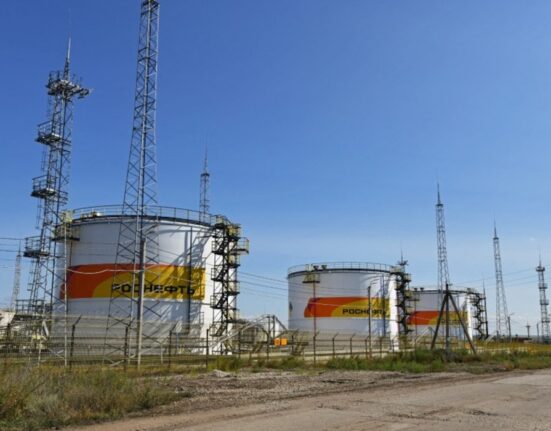In a recent financial update that caught investors off guard, HSBC Holdings PLC reported a significant miss in its annual pre-tax profit, leading to a 3% drop in its share price. The international banking giant, with a vast network spanning across Asia, Europe, and North America, disclosed that its financial performance for the year was adversely affected by higher-than-expected impairment costs, which substantially impacted its profitability.
The bank’s annual report highlighted that while it had made strides in several areas of its operations, the increase in impairment charges — essentially funds set aside to cover potential losses from bad loans — acted as a major drag on its financial health. This development comes at a time when the global banking sector is navigating a complex landscape of economic uncertainties, including fluctuating interest rates, geopolitical tensions, and the ongoing challenges of the COVID-19 pandemic recovery phase.
Analyzing the Impact
The unexpected shortfall in HSBC’s pre-tax profit has raised concerns among investors and market analysts about the bank’s risk management strategies and its ability to forecast potential loan losses. The surge in impairment costs suggests that HSBC is either facing deteriorating loan quality or adopting a more conservative approach in anticipation of future financial turbulence.
The financial miss also sheds light on the broader challenges facing the banking industry. Banks worldwide are grappling with the need to balance loan growth with the necessity of maintaining robust buffers against potential financial shocks. For HSBC, a bank that prides itself on its global reach and stability, the latest financial figures represent a test of its resilience in an unpredictable economic environment.
Market Reaction and Future Outlook
Following the announcement, HSBC’s shares experienced a 3% drop, reflecting investor skepticism about the bank’s short-term prospects. This market reaction underscores the sensitivity of financial stocks to earnings reports and the importance of meeting or exceeding analyst expectations.
Looking ahead, HSBC’s management has acknowledged the challenges and expressed commitment to strengthening the bank’s financial position. The focus will likely be on enhancing risk assessment models, improving loan quality, and exploring growth opportunities in its key markets, especially in Asia, where the bank has historically had a strong presence.
Conclusion
HSBC’s recent financial miss is a reminder of the volatile nature of the banking sector and the myriad factors that can impact a bank’s profitability. As the bank moves forward, it will be crucial for HSBC to address the issues that led to the higher impairment costs and to reassure investors of its capacity to navigate the complex dynamics of the global financial landscape. The coming months will be telling of HSBC’s ability to adapt and thrive amid these challenges, with stakeholders closely watching its next moves in the global banking arena.
ty for Bitcoin and the larger cryptocurrency industry.












